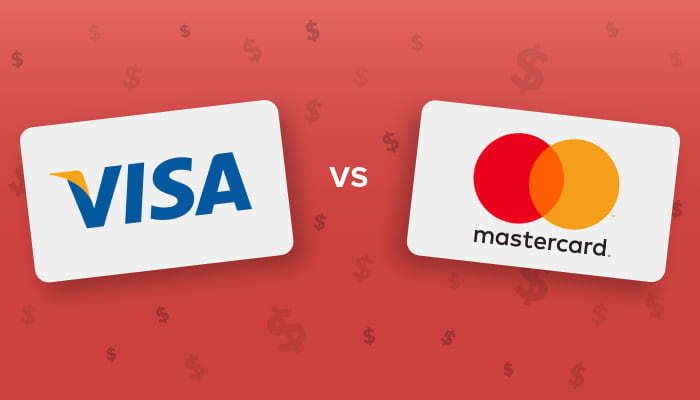When you open up a bank account nowadays, the bankers will push you to also get an ATM debit card so as to make transactions at any time of the day. Most banks in Uganda currently issue VISA cards instead of Mastercards, but what is the difference?
Some banks like DFCU are planning to offer a variety of cards such that finding out whether you should choose Visa or Mastercard when applying for debit cards and what other information one should know about these companies before selecting a credit card is clear to customers.
Telecom companies like MTN partnered with Mastercard to allow users of mobile money shop online using their mobile money accounts using the MoMoCard which is virtual. We have also seen Shell and Total compete with their own versions of fuel cards mostly powered by VISA.
The difference between Visa and Mastercard
The only real difference that stands between Visa and Mastercard is that these are two different companies and their cards work on the respective payment networks that the company operates. A Visa card won’t work on Mastercard’s network, and vice versa. Its the job of the banks to ensure that they subscribe to both networks in order to accommodate users of both platforms.
Ultimately, any other differences in cards come from the specific card you have. Not all Mastercard cards are the same, and not all Visa cards are the same.
How are Visa and Mastercard cards similar?
Visa and Mastercard are both card networks. That means they manage the payment networks on which their cards work, but they don’t actually approve or issue cards to consumers. When you receive a Visa or Mastercard credit card, you get it from a bank such as KCB, Standard Chartered or DFCU, Stanbic bank or other organizations.
One benefit of the way Visa and Mastercard work is that they are able to foster much wider acceptance than other credit or debit card companies. Visa’s network is 28 million merchants strong. Mastercard’s network features 30 million merchants. It’s rare that one of the types of cards is not accepted when another is. You’re much more likely to find a merchant that accepts Visa and Mastercard.
Card fees
Most banks will give you these cards for free but there are transaction fees which are typically set by the banks and not by Visa or Mastercard. What you pay in over-limit, balance transfer, late fees or foreign transaction fees depends on the bank, the debit card offer and the agreement you sign. Don’t rely on the name on the card, and instead, make sure you fully review the offer before you agree to it so you know what fees you’re on the hook for.
Luckily at ATMs, the transaction fees are clearly displayed before you make final acceptance, for example, if you own a Mastercard and want to withdrawal from Stanbic or Barclays Bank you will be charged around UGX 5,500 or UGX 33,000 respectively.
Originally posted on Techjaja




